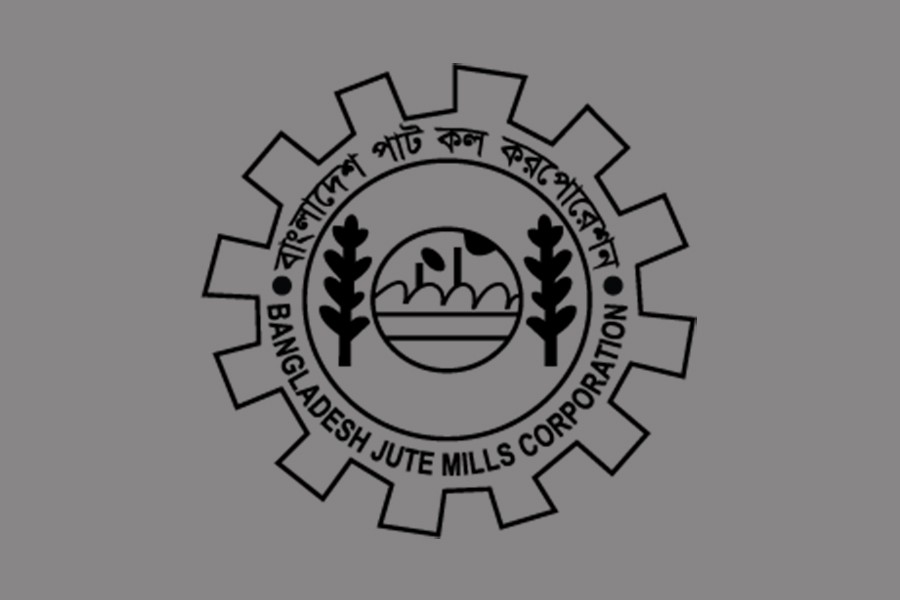The Bangladesh Jute Mills Corporation (BJMC) has sought an allocation of Tk 5.0 billion in every national budget for an indefinite period against the losses it makes due to "high wages of workers".
It cited that the state-run jute mills pay much higher wages compared to private sector jute mills, thus causing financial losses every year since their establishment.
BJMC chairman Dr Mahmudul Hasan last week in a letter to the ministry of textile and jute (MoTJ) wrote that the minimum wage in private sector jute mills is Tk 2,700 while in state-run mills, it is Tk 4,150.
As a result, in case of the lowest grade, the difference on monthly wages between a worker of private and public sector mill stands at Tk 5,935. In fiscal year 2016-17, the BJMC-run jute mills had to pay an additional Tk 3.57 billion as wages for its 28,460 permanent workers, compared to the workers of private sector jute mills, he noted.
Mr Hasan also blamed age-old machinery as another reason behind the losses suffered by the state-owned jute mills. Besides, electricity failure, unwanted activities of trade unions, failure to buy raw jute in time due to lack of funds, and accumulated interest of bank loans are other reasons behind the failure to stop the bleeding, he noted.
To help reduce the losses, the government in the past granted loans to BJMC-run jute mills every year at 5.0 per cent rate of interest, he added.
Describing the situation, the BJMC chairman urged the government to allocate Tk 5.0 billion in every fiscal budget to pay wages to workers regularly.
He also noted that a five-year work-plan has been prepared to reduce the financial loss. If the work plan is implemented, no such allocation of money will be needed for the public-sector jute mills.
Meanwhile, in the last week of April, the ministry of finance allocated Tk 1.0 billion against a demand for Tk 17.04 billion made by BJMC mills for paying wages, salaries, gratuity, provident fund, jute purchase debt, and dearness allowance.
Contacted over telephone on Sunday, BJMC general manager Abdul Malek told the FE that private sector jute mills even do not pay gratuity, provident fund, and education expenses of workers, but the BJMC-run mills need to pay these.
"If the government wants to maintain worker-friendly environment in the mills, it has to pay additional expenses. Otherwise, the mills should be shut down," Mr Malek noted.
However, secretary general of Bangladesh Jute Spinners Association (BJSA) Shahidul Karim disagreed with the BJMC's view.
"The wages are a very small portion of total costs of a jute mill. It can't be a major reason behind the loss of a mill," he said.
Mr Karim said raw jute procurement involves nearly 70 to 75 per cent of the total cost. The remaining amount goes to the purpose of wages, production, shipment and miscellaneous costs.
"If they buy raw jute in double price, the production costs will definitely shoot up and the mills will incur losses," he noted.
Unabated corruption is also blamed for the losses incurred by the state-run jute mills, he added.
syful-islam@outlook.com


